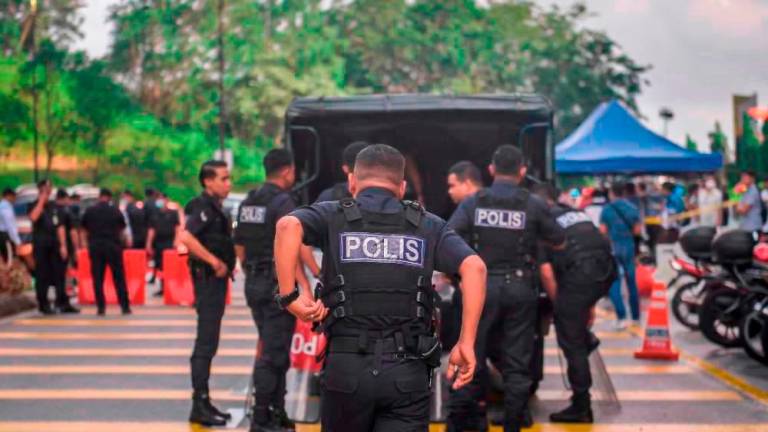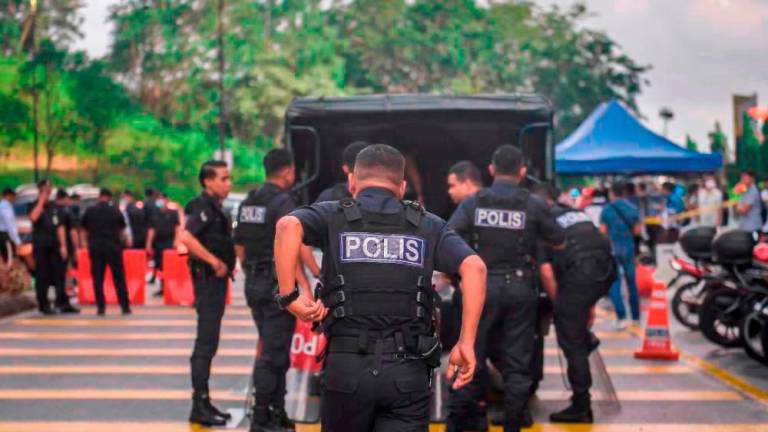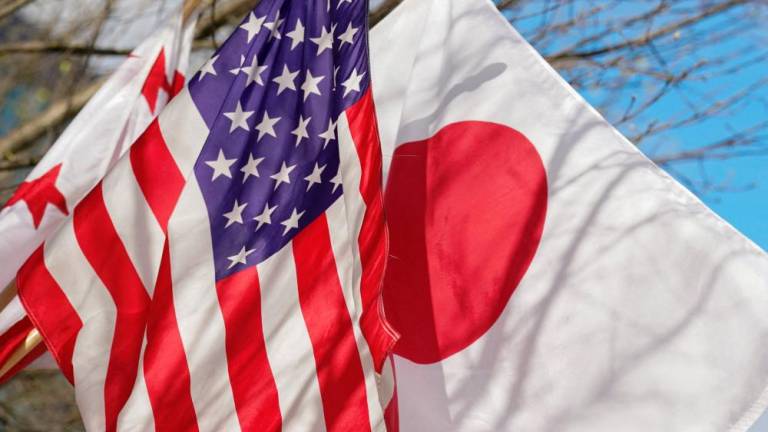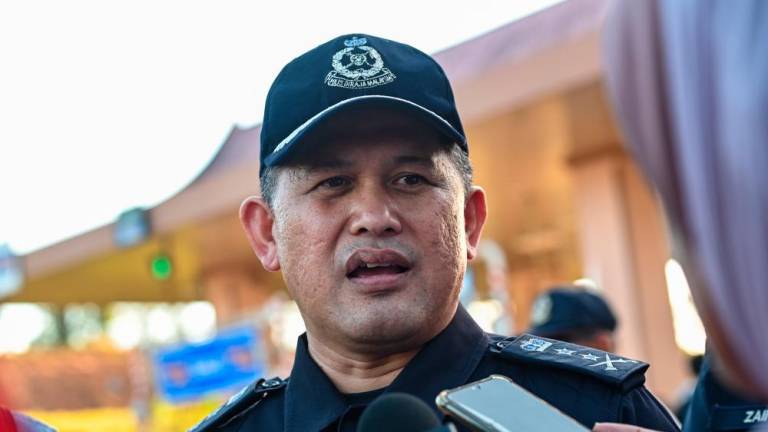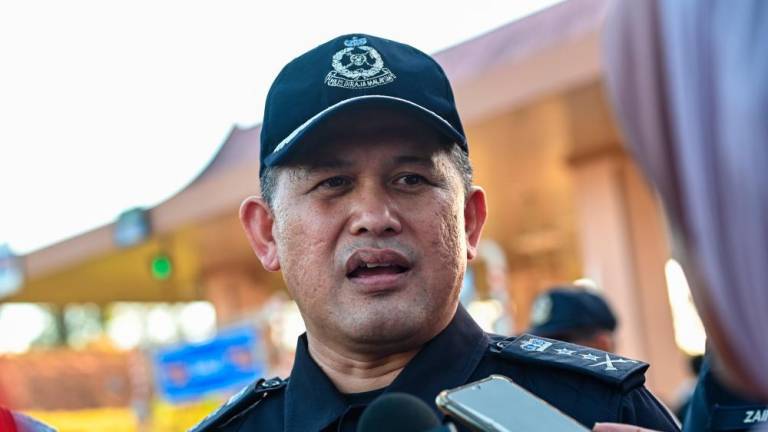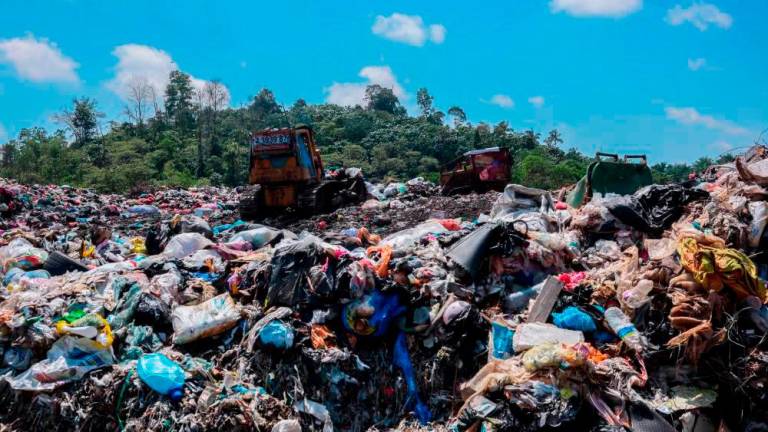THERE are two strong opposing views on the issue of the cabotage policy impacting the undersea internet cable industry, and both seem to have a strong argument with good intention that requires clarity.
However, on balance, the view that exemption from the cabotage policy for the industry is the right thing to do must be given precedence for the sake of making our country an attractive investment destination for digital infrastructure, especially in light of our aspirations set out in the MyDigital blueprint and to truly be the Heart of Digital Asean.
Let’s first discuss the view that the cabotage policy is detrimental in making Malaysia the choice for investment destination, especially high-value digital investment.
The global digital economy runs on top of the internet, a digital infrastructure that spans the globe, consisting of data centres to house all the data and optical fibre cables that move data around the world.
The only way for global data connectivity to take place in this digital infrastructure is via crisscrossing cables under seas and oceans to reach every country, and hence, they are called submarine cables.
They are essential strategic assets for countries to be part of the global digital infrastructure, as economic activities riding on the back of submarine cables include e-commerce, data transfer, financial transactions, business processing, digital exports, social interactions, services delivery and communications impacting national security.
An RTI International report in August 2020 on Economic Impacts of Submarine Fibre Optic Cables and Broadband Connectivity in Malaysia showed submarine cables landing had contributed to a 6.9% increase in gross domestic product per capita and a 3.6% increase in employment in the services sector between 2008 and 2015.
Submarine cables are extremely expensive, require partners from different countries, and take three to four years from planning to be operational and ready for service.
Maintenance of such cables is also an expensive affair and cable owners collaborate to share the costs. Specialised ships, called submarine cable ships, are used to deploy the cable under the sea as well as maintain and repair these cables in case of breakage from earthquakes, storms or damage from ship anchors, mining and fishing.
There are fewer than 60 such ships in the world today and, therefore, they have to be shared. A cable ship is required to stay in one position at sea during a repair and is equipped with a Dynamic Positioning (DP) system consisting of thrusters and computer systems to precisely maintain its position without drifting, regardless of wind and sea conditions.
Depending on their capability to maintain their position accurately under different conditions such as weather, depth of the sea, the ability for the ship to withstand equipment failure, flooding and fire, such ships are classified as:
a) DP1 class ships – suitable for shallow water use with low risk of equipment failure but will have to abandon the repair job if any important equipment like the computer or thrusters fail, causing the ship to drift out of position.
b) DP2 class ships – with a built-in redundancy such as two DP computer systems and multiple thrusters to maintain position accurately even after sustaining failure in one important system.
c) DP3 class of ships – similar to DP2 class ships but can additionally handle a fire or flooding in one compartment. Cable owners today require the use of DP2 class ships to minimise the risk of repair work being interrupted by equipment failure as well as prevent further damage to the cable, other cables or oil and gas pipelines nearby when the ship drifted out of position.
Whenever there is a cable outage, the cable owner will immediately identify the nearest available ship capable of performing the repair as quickly as possible.
However, very often the best available ship may not be registered, or flagged, by the country whose territorial waters lies in the area where the cable is located. This is where the issue of cabotage, a law that protects the local shipping industry from foreign competition, becomes relevant.
In Malaysia, our cabotage law prevents foreign ships from picking up passengers or cargo from, say Penang to Port Klang.
Unlike countries such as the US, Taiwan and the Philippines, Malaysian cabotage law also covers maritime services, which includes submarine cable deployment and repair, which means when the best ship available for a cable repair is a foreign ship, a Domestic Shipping Licence Exemption (DSLE) is required and before this can be issued, local ship owners are asked for their consent through the Malaysia Ship Owners Association.
In fact, shipowners who think they can handle the repair job can block the issuance of the DSLE. In the case of submarine cable repair, there is one Malaysian company in the business which has four cable ships and two barges for shallow water cable laying.
All its vessels are DP1 class and this has been the key point of dispute resulting in long delays for arbitration as the cable owners want DP2 class vessels.
When Malaysia started to attract data centre investments, one of the key issues highlighted by foreign investors was the long delays in obtaining permits for submarine cable repairs – prior to 2019, the average was 27 days with one case taking longer than 100 days.
Local telecom companies with submarine cable investments like Telekom Malaysia and Time DotCom also appealed to the government to exempt submarine cable repairs from cabotage. Hence, in April 2019, then transport minister Anthony Loke issued an exemption order. This was positively received by investors and local telcos and plans were made to land cables in Malaysia.
However, in November 2020, Transport Minister Datuk Seri Wee Ka Siong revoked the cabotage exemption for submarine cable repair, much to the surprise of investors and local telcos.
This reversal is a step backwards, as investors have expressed strong interest and some were in the final stage of committing investments, recognising that the exemption will reduce repair times and increase reliability.
Hence, the industry is shocked by the abrupt decision on the reversal of cabotage exemption without meaningful stakeholders’ consultation to protect a single company. It creates risks to Malaysia’s critical digital infrastructure and growing digital economy by making it less attractive for infrastructure investment.
Now, let’s look at the arguments forwarded by the other side, which mainly rests on the critical need to develop local capabilities. The occurrence of submarine cable faults in Malaysia is between six to nine annually in the past few years and this shows the real domestic market opportunities is not high enough to make it feasible to invest in DP2 or DP3 vessels.
Furthermore, there are other maritime services within Malaysian waters with larger market opportunities and lower entry cost that local players can participate in and build up capabilities to compete.
More importantly, investors look for certainty and stability when they choose investment locations. Digital infrastructure investments such as data centres and submarine cables are hugely expensive and require multi-decade commitments.
When government policies impacting investors are arbitrarily changed without prior consultation, there is no certainty or stability that would provide assurance to the investors.
When the other side of the divide says the delay in repair works has already been reduced to 10 days and thereby harping on cabotage exemption is a minor issue, it misses the point in the sense that it is not so much the delay but the changing of policy wilfully without consulting the relevant stakeholders is the issue, as it strongly signals uncertainty and increased risk on the part of the investors.
What if other policies change suddenly and arbitrarily? The impact in the reversal of cabotage exemption is immediate – two new cables were announced by Facebook and Google to be landing in Singapore and Indonesia recently, both without any landing in Malaysia.
There are also strong industry sources indicating three new cables originally planned to be landing in Malaysia are now, “under review”. Also under review are potential data centre investments between RM12 to RM15 billion in foreign direct investment.
Emerging from the pandemic, Malaysia needs such investments more than ever and in doing so, we cannot afford to play the same old, same old protectionist games.
Submarine fault occurrence in Malaysia in a year, as mentioned above, is small but for every minute of an outage, there are huge economic, reputational and opportunity losses to Malaysia, as the outage can run into days, weeks or even months.
The longer the time it takes to repair the submarine cables, the longer we will be in the state of being digitally disconnected, thus depriving Malaysians of the basic fundamental right of modern-day utility, which is connectivity.
What is needed now is not only the restoration of the cabotage exemption immediately but also, in the longer term, an amendment to the legislation to remove submarine cable activities from our definition of cabotage for the sake of attracting more investments, especially higher value digital investments.
Datuk Wira Dr Hj Rais Hussin Mohamed Ariff is chairman of Mdec, a government agency under the purview of the Ministry of Communications and Multimedia Malaysia entrusted to lead Malaysia’s digital economy forward. Comment: letters@thesundaily.com







